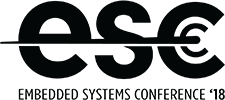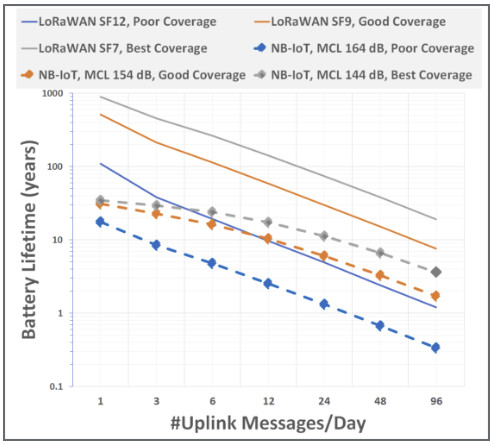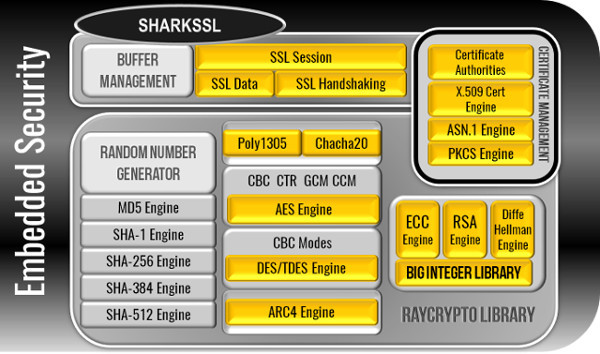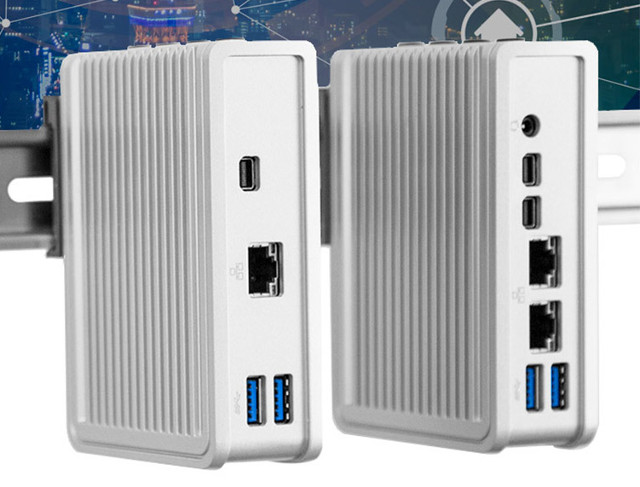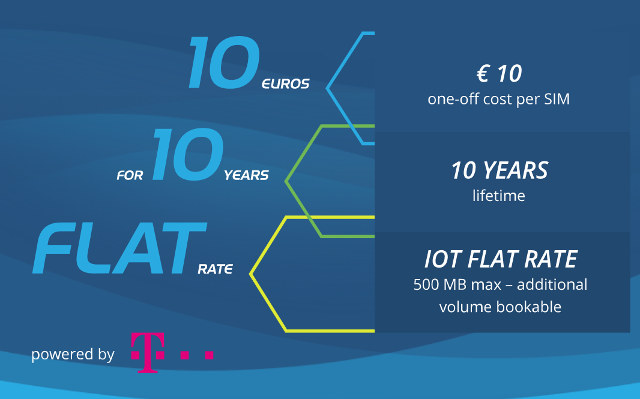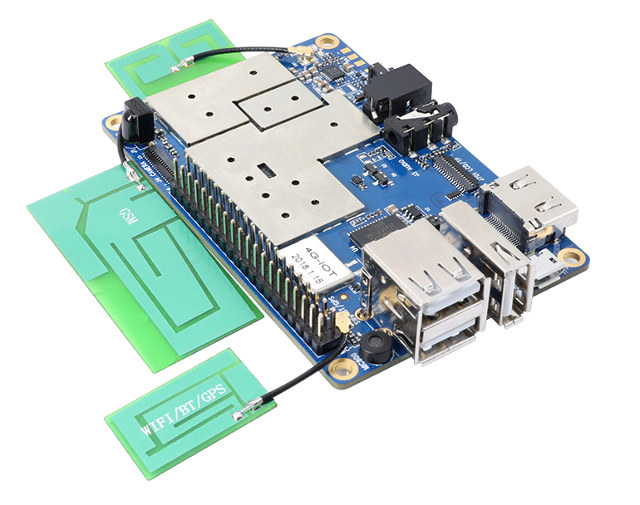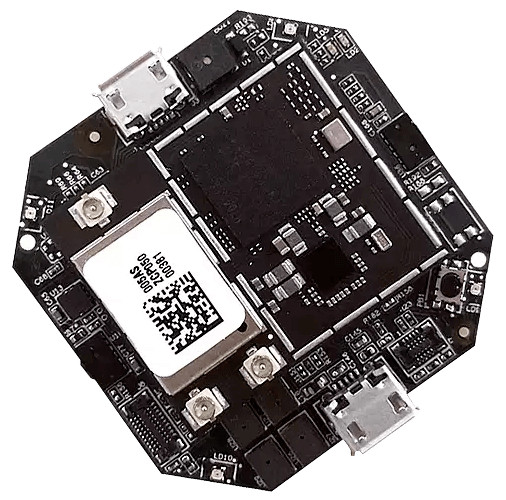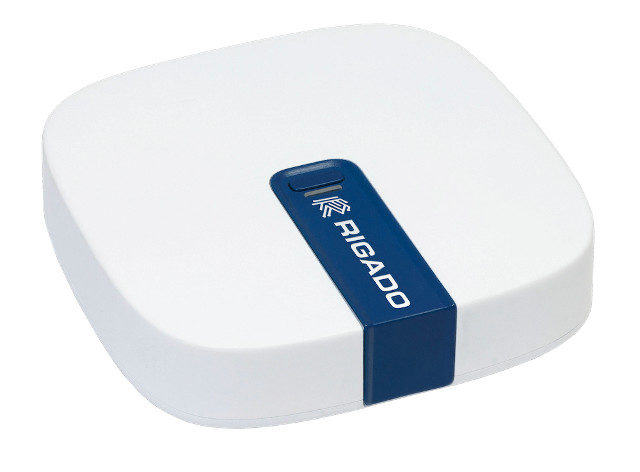The Embedded Systems Conference takes place each year in Boston, US in April or May. This year, the event will occur on April 18-19, and the organizers have published the schedule with 7 tracks: Advanced Technologies, Center Stage (free), Embedded Hardware Design & Verification, Embedded Software Design & Verification, IoT and Connected Devices, Keynotes (free) and Special Event (free). Even if you can’t attend, it’s always useful to have a look at the schedule to learn about potential industry developments. So I’ve made my own virtual schedule with some of the sessions I found relevant to this blog. Wednesday, April 18 8:00 – 10:00 – An Introduction to RTOS by Jean Labrosse (Software Architect, Silicon Labs) This tutorial will help you understand what RTOSs are and how they work so that you can make better use of their features. The class will explain what an RTOS is and why you […]
A Look at LoRaWAN and NB-IoT Power Consumption
LoRaWAN and NB-IoT are both designed for low power long range communication for the Internet of Things. We’ve previously seen both protocols have about the same 15km range in rural areas, and NB-IoT bitrate is a little higher since it can reach around 100 kbps, against 300 bps to 38.4 kbps for LoRaWAN. All LPWAN standards usually claim 10-year battery life, but it would be interesting to get some data about power consumption, and that’s exactly what AMIHO Technology has done by comparing LoRaWAN to cellular IoT (NB-IoT / eMTC) power consumption. They started by checking public information from datasheets, and compare Tx, Rx, Idle and Tx current for the three standards, and LoRaWAN is about three to five times more efficient in terms of current compared to NB-IoT, and as expected even more compared to LTE Cat-M1. They then went on to compare airtime for the different power states, […]
Real Time Logic Releases Web-based SharkSSL FreeRTOS/lwIP ESP8266 IDE
Real Time Logic claims SharkSSL is the smallest, fastest, and best performing embedded TLS v1.0/1.1/1.2 solution. It works with ColdFire, Kinetis K60, all the Cortex-M3 and -M4 processors, as well as Tensilica LX3 based ESP8266. The solutions can be tuned via compile-time options to a less than 20kB footprint that still supports full x.509 authentication. SharkSSL is a commercial solution, but the SDK is free to use for non-commercial projects. In order to simplify development on ESP826, the company has released the SharkSSL ESP8266 IDE running in a virtual machine, and providing a complete FreeRTOS and lwIP based development environment using a web based interface. Once you’ve downloaded the virtual machine image, you can start it in VirtualBox or VMWare with bridged networking enabled. The IP address of the virtual machine will be shown in the console, and you can use it in your favorite web browser in the host […]
Logic Supply CL200 Series Compact Embedded Mini PCs To Ship with Ubuntu 16.04 or Windows 10 IoT
After launching their ML350 customizable fanless industrial computer, Logic Supply is back with another Apollo Lake family of mini PCs – CL200 series – with a much more compact form factor (Ultra Small Form Factor), and equipped with an Intel Celeron N3350 processor. Two models are available for now with CL200 featuring 1 GB RAM, 8 GB storage and running Ubuntu 16.04, and CL210 with 2GB RAM, 32 GB storage, and shipping with either Windows 10 IoT or Ubuntu 16.04. Specifications: SoC – Intel Celeron N3350 dual core processor @ 1.10 / 2.40 GHz with Intel HD graphics 500 System Memory & Storage CL200 – 1 GB LPDDR4, 8 GB eMMC flash, mSATA Up To 1 TB, micro SD slot CL210 – 2 GB LPDDR4, 32 GB eMMC flash, mSATA Up To 1 TB, micro SD slot Audio – CL210 only: 3.5 mm audio jack (mic in, line out) Video […]
1NCE to Offer a 10 Euros Plan for 10-Year of Cellular IoT Connectivity in Europe
For the Internet of Things to be successful, prices need to come down sharply, and eventually LPWAN connectivity should be possible with $1 to $2 modules, $5 to $10 development boards like we can get for WiFi today. Cellular IoT hardware is likely to be a bit more expensive – even when using NB-IoT – but hardware prices have to come down to acceptable levels, and so is connectivity. 1NCE brings us in the right direction for the latter with a SIM card selling for 10 Euros offering 10-year of 2G/3G/NB-IoT connectivity (1 Euro per year) with 500MB data included. That’s about 140KB of data per day, which should be OK for applications like smart meters. There are no other fees, except if your device goes over the limit, but the company has not provided any pricing details for the extra data. The service will cover 30 countries in Europe. […]
Orange Pi 4G-IoT Development Board Launched for $45
Last year, Shenzhen Xunlong Software launched Orange Pi 2G-IoT board for just $9.90. Pricing was incredibly aggressive for a cellular board, but AFAIK the RDA Micro processor used in the design had never been used with Linux so for many people using the board was a challenge (and maybe still is), and some countries have already started to sunset 2G networks. So it only made sense for the company to work on a 4G board, and that’s exactly what they have done with Orange Pi 4G-IoT now launched for $45 + shipping on Aliexpress. Orange Pi 4G-IoT specifications: SoC – Mediatek MT6737 quad core Cortex A53 processor @ 1.1/1.3 GHz with Arm Mali-T720MP1 GPU System Memory – 1GB DDR3 Storage – 8GB eMMC flash + micro SD slot Video Output – HDMI, LCD display interface with touch panel support Audio – 3.5mm earphone jack, built-in microphone Cellular Connectivity nano SIM […]
RushUp KITRA Board Family is based on Samsung Artik 020, Artik 520/530, or Artik 710 Modules
Samsung first announced their Artik IoT modules almost three years ago, and until recently most Artik related products or development kits came from Samsung themselves, with no third party involved. But this has started to change recently with announcements such a Seeed Studio Eagleye 530s low cost development board based on Artik 530 module, and Resin.io Project Fin combining RPI CM3L module with an Artik 020 module for low power Bluetooth connectivity. But as I flicked through Resin.io supported hardware, I discovered they also supported Linux powered Artik 520 and Artik1020 module, as well as some new “KITRA” boards I had never heard of, and if we visit RushUp company website, we can see they have a bunch of Kutra boards and one IoT gateway based on Artik modules: KITRA 520 – Samsung ARTIK 520 product accelerator for advanced IoT KITRA 710 – Samsung ARTIK 710 product accelerator for advanced multimedia […]
Rigado Vesta IoT Gateway Runs Linux and Zephyr OS, Supports Bluetooth 5, 802.15.4, WiFi, Ethernet and Cellular Connectivity
I’ve recently read several open source software news related to Rigado IoT gateway, starting with Canonical announcement last month, that the gateway would ship with Ubuntu Core starting in summer 2018, and a few days ago it popped up again during Linaro CEO keynote at Linaro Connect HK 2018, as one of the first commercial devices to run the Zephyr OS, specifically its fully open source Bluetooth stack on a Nordic nRF52 chip. Rigado Vesta IoT gateway is not exactly new, as it was first announced in December 2016. The hardware relies on an NXP i.MX 6UL Cortex A7 processor, up to 256MB RAM, 4GB eMMC flash, and includes built-in support for dual band WiFi, Bluetooth Smart, Bluetooth 5/4.2, 802.15.4 (Thread), Fast Ethernet with PoE, as well as optional support for a cellular LTE Cat 1 modem. Rigado gateway hardware specifications: Processor – NXP i.MX6 UltraLite (G3) Arm Cortex A7 […]


